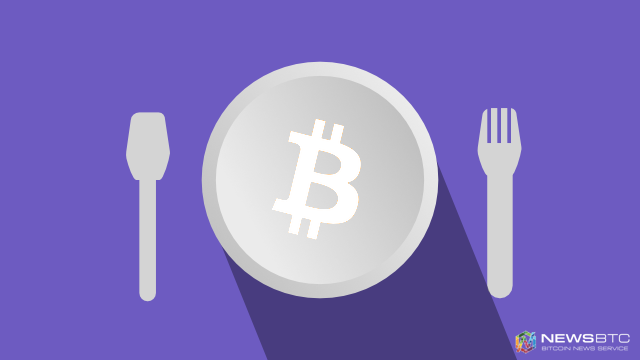What is a Bitcoin fork?

There has been significant news coverage and developments in recent weeks about changes to digital currency networks. These are sometimes called “forks”. We wanted to provide a simple, non-technical explanation to add context to recent discussions (previous blog posts here and here).
What is a “fork”?
A “fork” is a change to the software of the digital currency that creates two separate versions of the blockchain with a shared history.
Forks can be temporary, lasting for a few minutes, or can be a permanent split in the network creating two separate versions of the blockchain. When this happens, two different digital currencies are also created.
Why are changes made to digital currency protocols like Bitcoin and Ethereum?
Coinbase currently supports 3 digital currencies — Bitcoin, Ethereum and Litecoin. Each of these digital currencies use open-source software protocols with independent development teams responsible for changes and improvements to the network, much in the same way that changes to internet protocols allow web browsing to become better over time.
Our mission is to create an open financial system for the world and we believe digital currencies will be fundamental in achieving this mission. However, many of these digital currencies are still in early development. Making improvements to the software — such as the number of transactions the network can support — is crucial to creating finance 2.0.
Why do forks happen?
There are a few reasons why a fork can happen. For example, when a change is proposed to a digital currency protocol, users need to show their support for the new version and upgrade — in a similar way to people regularly update applications on their computer. In order for these changes to get approved many people need to agree, just as changes to cellphone networks require many phone companies to agree.
What does this mean if I have digital currency stored on Coinbase?
Coinbase actively monitors protocol developments and works hard to ensure customer funds are safe in these events. Our policy is to support only one version of a digital currency. In order to determine which fork to support we look at factors such as size of the network, market value and customer demand. We make this decision carefully because safely supporting a new digital currency requires significant work for many teams.